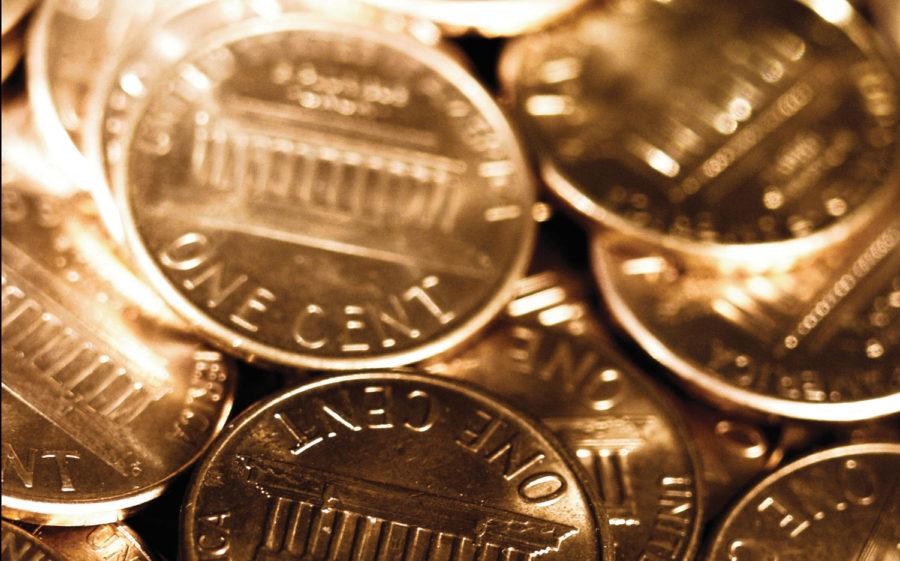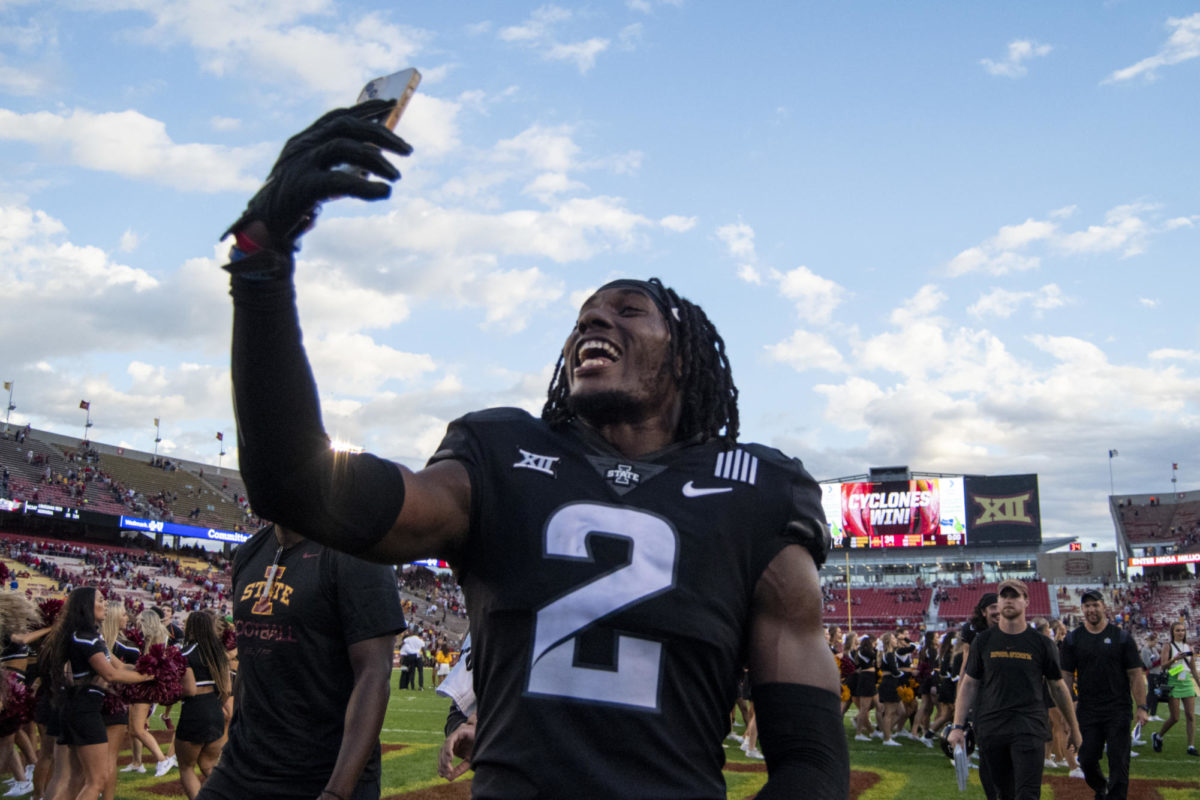Watson: Fair trade an uncertain path to fairness
January 8, 2012
Many of the farmers who supply us with our morning cup of coffee regularly produce and sell their coffee beans for a loss, while multi-billion dollar companies, such as Folgers and Maxwell House, reap the benefits.
Fair trade coffee is founded in speculation, but it carries a message of compassion and global equality. “Fair trade” seeks to help those farmers by paying a price above the costs incurred in the production and sale of the beans. While the principles behind fair trade products are noble and show consumer responsibility, it is still unknown by experts if this market trend will help the impoverished, or if it’s merely the newest fad, another bubble market, that ultimately falls short of its objective, or even hurts those it sets out to protect.
The term “fair trade” refers to products embodying standards that endorse sustainability and safe working conditions. Fair trade is a certified label that requires those who possess it to adhere to the standards set by the certifiers, and in turn the farmers receive a price above the world average.
Coffee farmers in Brazil regularly grow and sell their coffee for a loss, because there is no one else to sell to. They do not even earn enough money to switch occupations, they are stuck doing the one job they can to make money. They often cannot even put their children through school — it is a cruel and vicious cycle. Countries such as these lack the infrastructure to enable fair pricing to the producers. Coffee producers do what they must to feed their families, and do so by any means necessary.
Few producers in Brazil are capable of meeting the guidelines set by fair trade certifiers; it is an expensive undertaking to achieve this endorsement. Producers must be able to afford appropriate-aged workers, provide safe working conditions and not use hazardous (often inexpensive) chemicals in production of their crops. Many families rely on the income brought in by underage members of the family. Likewise, many coffee producers in these countries equally rely on the inexpensive labor of these children, often having them work in dangerous conditions.
As of now, there are only seven co-ops in Brazil that offer fair trade coffee beans to the rest of the world. Producers who are not capable of attaining fair trade certification must continue to sell their harvest for a loss and continue their low standard of living. Despite the difficulty in attaining certification, there are many producers who have benefitted from this increased percent of market share, but it may be leaving other producers, or even their own future options, limited.
Wal-Mart is just as infamous for its penny-pinching reputation to receive the best prices from suppliers, as it is for its “Everyday Low Prices.” They make these transactions without regard to the effects these whole-sale purchases have on people and the environment. Fair trade has been receiving a decent amount of attention in the last few years, growing from its origins in coffee shops and roastery markets, to more recently, the profit-seeking machine that is Wal-Mart.
Wal-Mart Stores Inc. and business ethics do not typically go hand in hand, so one should ask themselves what the repercussions of moving this market in a new direction will be. On one hand, fair trade coffee will be receiving previously unparalleled attention from new customers. On the other, producers are backing themselves into a corner. They will be entirely dependent on the success of their product in tight-fisted stores who regularly put money over ethics, such as Wal-Mart.
The problem is not that these economics-based chain stores are selling fair trade coffee, but if fair trade coffee proves to no longer be economical to keep stocked, they will drop the product. This would completely ruin the fair trade economy. It would be over-supplied and unable to return to roastery houses and specialty stores markets.
People shop at Walmart because they seek the lowest prices. Walmart has witnessed the success roasteries have had with fair trade coffee and looks to capitalize on this market trend, despite the slightly higher prices. But the demographic of shoppers at these two locations are different. A temporary interest in fair trade coffee by Walmart, Sam’s Club or other economics-based chain stores could create a momentary rise in demand, therefore raising prices; but if the demand falls, so too will the prices. This could spell global catastrophe for fair trade coffee farmers.
Such a collapse in the market could bring the producers of coffee all over the world back to where they began — extreme poverty. Is it worth a couple extra dollars to consume in an ethical manner?
Market specialists maintain more research is needed to fully realize all possibilities that could come from this relatively new market. Society has begun taking steps progressing the ethics of the global economy. By purchasing any fair trade product, either from Walmart or the local roastery, you are supporting the ethical treatment of producers everywhere on the globe. It will always cost more to buy fair trade, but the implication the few extra dollars carry supports a notion that is noble and forward-thinking. To make the world a better place, we have to start somewhere. Start at breakfast.

















